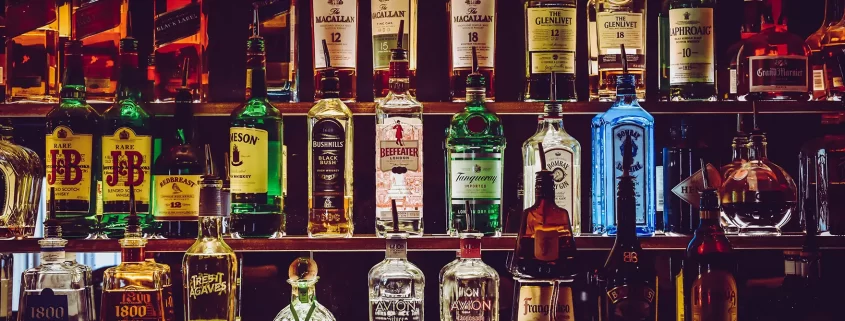Liquor Licenses in Pennsylvania: A Uniquely Valuable License
Ever since the introduction of prohibition in America, alcohol has been subject to unparalleled legal controls. The passage of the 18th Amendment to the United States Constitution reflected the growing national mood around alcohol—namely, that it needed to be guarded against as a danger in society.
Even with the repeal of prohibition by the 21st Amendment (the only constitutional amendment to ever be completely repealed), one important piece remains. The 21st Amendment’s “section 2” gave states unusual power to legislate or prohibit the “transportation or importation…of intoxicating liquors.”
Pennsylvania has taken full advantage of the powers granted by the 21st Amendment. It created state sanctioned (and apparently constitutional) monopolies on alcohol. Each county is given a limited number of “liquor licenses” controlled by Pennsylvania’s Liquor Control Board. These licenses are extremely valuable, as each one represents a limited opportunity to sell one of America’s most popular commercial products.
The Responsibilities of Liquor License Ownership
Along with this monopoly power comes remarkable responsibilities for the license holder, however. The duties include requirements to keep precise records, available upon demand by the Pennsylvania State Police, and to keep licenses separate in ownership from one another. Generally, a person may not own more than one license, and other rules restricting the transfer of licenses to people of “sound character” mean that a liquor license is a valuable commodity.
This also means that penalties against this license are a big deal. If the Liquor Control Board receives citations filed by the State Police or other enforcement agents, they retain power to penalize the license. Such penalties “go with” the license if it is sold or otherwise transferred. This means that the value of the license is diminished permanently by “bad acts” or negligence of the owner.
If you’ve been cited as a liquor license owner, it is important for you to contact a lawyer immediately to discuss your options. It is also important to ensure that you are abiding by formalities as required and ensuring your license stays “clean” and up to date.
There are also a number of strategies available to you if you’re having trouble paying costs or taxes, including escrowing the license for a period of time, or even putting the valuable liquor license up as collateral for a loan. Anything is better than losing or damaging the license.
Conclusion: Contact Cornerstone Law Firm
Liquor licenses are controlled very carefully in Pennsylvania by the Liquor Control Board. If your business owns a liquor license, it is important that you comply with the regulations and keep it clean from citations, back taxes, and other issues. Furthermore, when transferring liquor licenses, you have to be careful to comply with all appropriate rules and regulations. If your business owns or is buying a liquor license, contact Cornerstone Law Firm so that we can help you to comply with the law.



